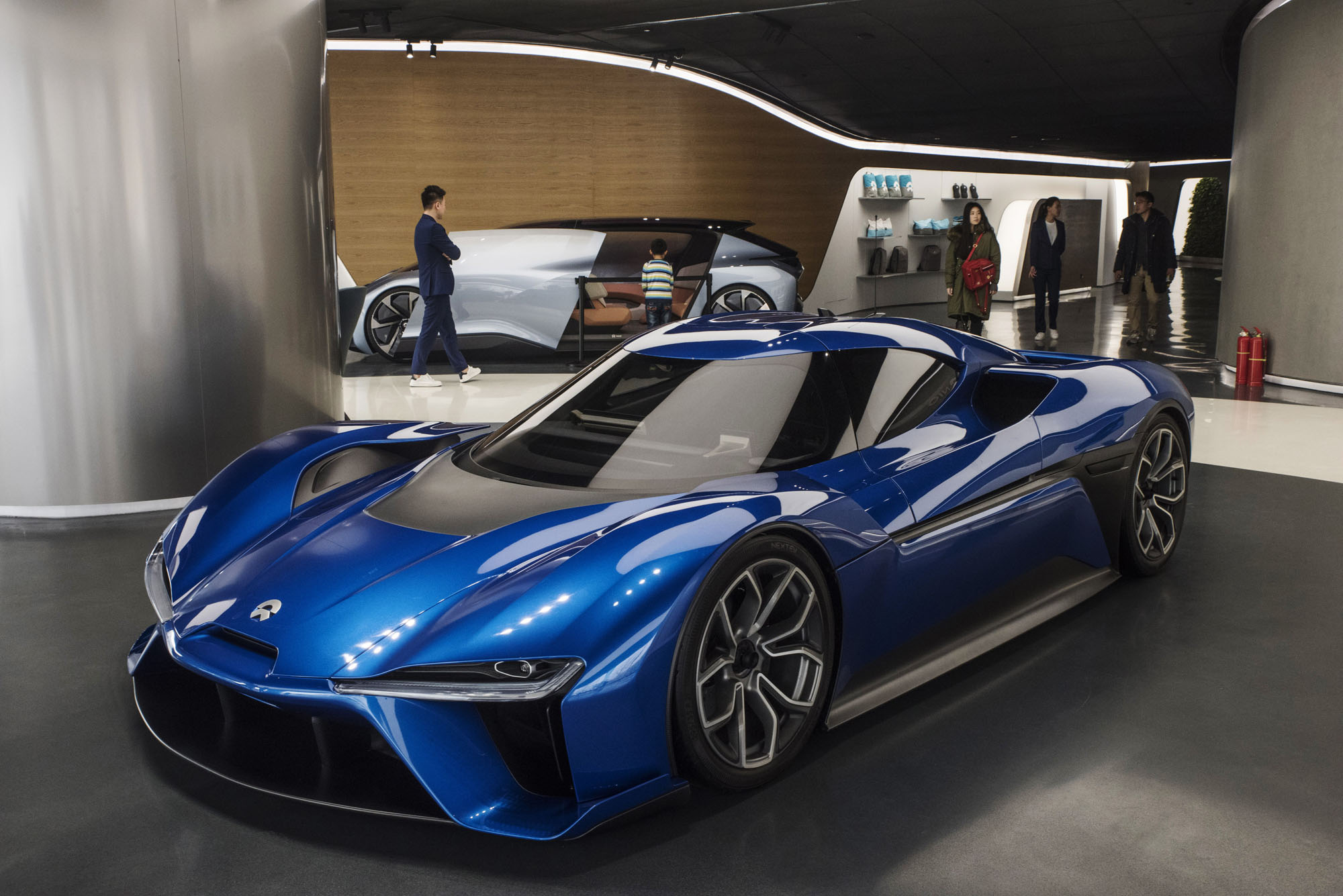Postwar Japan's economic development would have been impossible without the growth of its automobile industry. American journalist David Halberstam vividly described the post-World War II "economic reversal" that occurred when Japan overtook the American motor vehicle manufacturing empire in his 1986 book, "The Reckoning."
Thirty years on, a new battle between nations in the automobile manufacturing space is emerging, as China in addition to Japan, the United States and Europe compete to develop and sell electric vehicles. More precisely, this competition centers around the development of CASE — an acronym derived from the words "connected," "autonomous," "shared and services" and "electric" — technologies. The race is on to determine which country will come to control this new mobility industry, characterized by the production of electric vehicles that are connected to the internet, self-driving and shared.
Up until now, the technological impetus for CASE has come from the U.S. — in Silicon Valley. Tesla, run by the extraordinary entrepreneur Elon Musk, has symbolized Silicon Valley's ascendance in this industry.


















With your current subscription plan you can comment on stories. However, before writing your first comment, please create a display name in the Profile section of your subscriber account page.